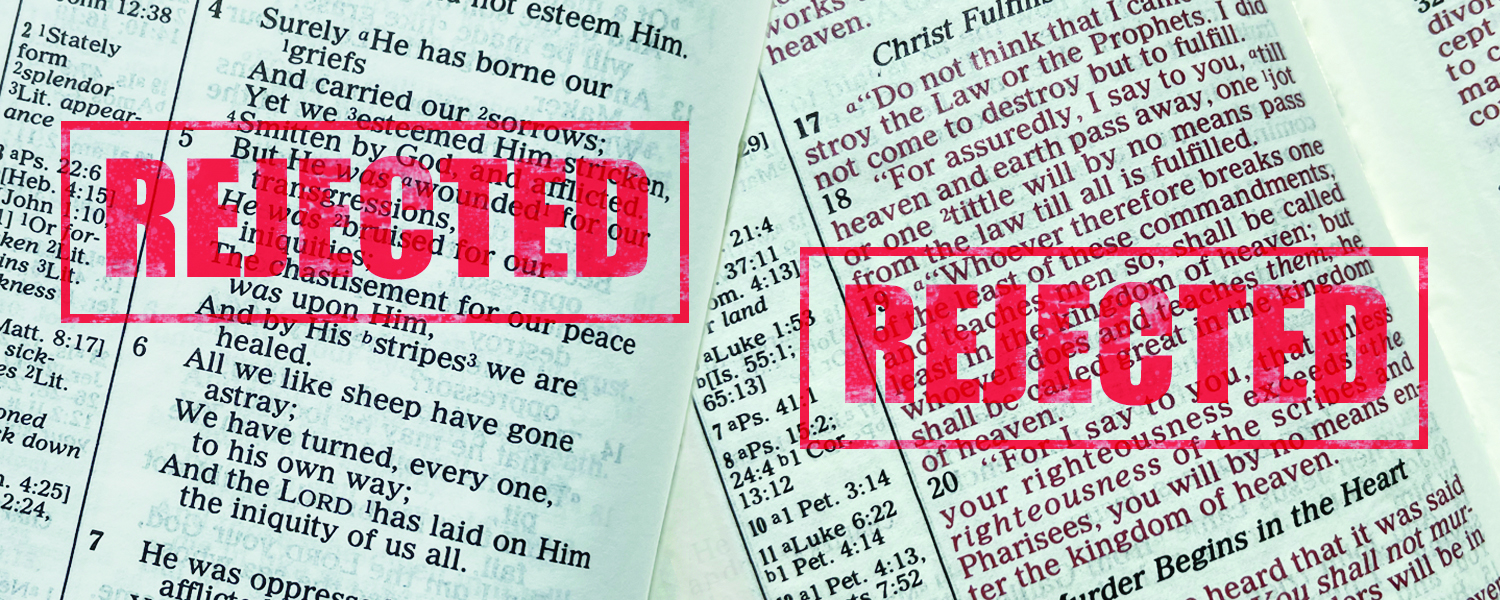This Week In The News
Current Events
by Norbert Link
We report on the death of Pope Francis; President Trump’s fight with foreign tourists and the court system; Trump’s peace plans for the war between Russia and Ukraine; lost weapons in Afghanistan; and Italy’s Giorgia Meloni’s visit to Washington.
We speak on Turkey’s hostility against Israel; and address Germany’s coming new government and its botched coalition agreement; as well as interesting German personalities, including Karl-Theodor zu Guttenberg and Jens Spahn.
Please view our new StandingWatch program, titled, “The Pope Is Dead… Now What?”
Throughout this section, we have underlined pertinent statements in the quoted articles, for the convenience and quick overview of the reader.
Editorial
No Signals Necessary
In 1901, Guillermo Marconi sent the first wireless telegraphy message from his base at Poldhu on the Cornish Coast in the UK, to a station at Newfoundland in North America. To say the message was short and sweet was an understatement. Marconi received the single letter, S, sent by Morse telegraphy. The age of transatlantic wireless communication had begun, and like all new technologies, the opportunity for misuse had also commenced. The friction between the still new telephonic technology, and space telegraphy was robust throughout the mid-1800’s, with luminaries of the age arguing the superiority of each.
The development of both telephone and telegraph led to strange attempts to use the devices to communicate with those who have died. This unusual interest was stimulated in part by the odd noise on the wires, or wireless that resulted from electromagnetic signals that some during that era mistook for conversations and signals from beyond the veil of the living. Nonsense, of course, yet rather than seeking God, people of the day devoted their time and money to such evil and demonic pursuits.
Continue reading "No Signals Necessary"Q&A
What do we know about the Oral Law? (Part 1)
What is the “Oral Law?” When we read of Jesus’s interactions with the Pharisees, we find that they had many laws and procedures that were not mentioned directly in the Law that God inspired Moses to write down. So, did the Pharisees or their predecessors create these, what could be termed oral law, sometime after the close of the Old Testament period?
Actually, the oral law was first mentioned directly in the book of Deuteronomy, and the necessity for oral law arises in the book of Exodus, and it may well be referred to in the book of Genesis, as will be mentioned later. So, what is the oral law, and why was it necessary, and when were parts of it created? In actual fact, there are three basic categories of oral law, each with a different purpose.
Continue reading "What do we know about the Oral Law? (Part 1)"








